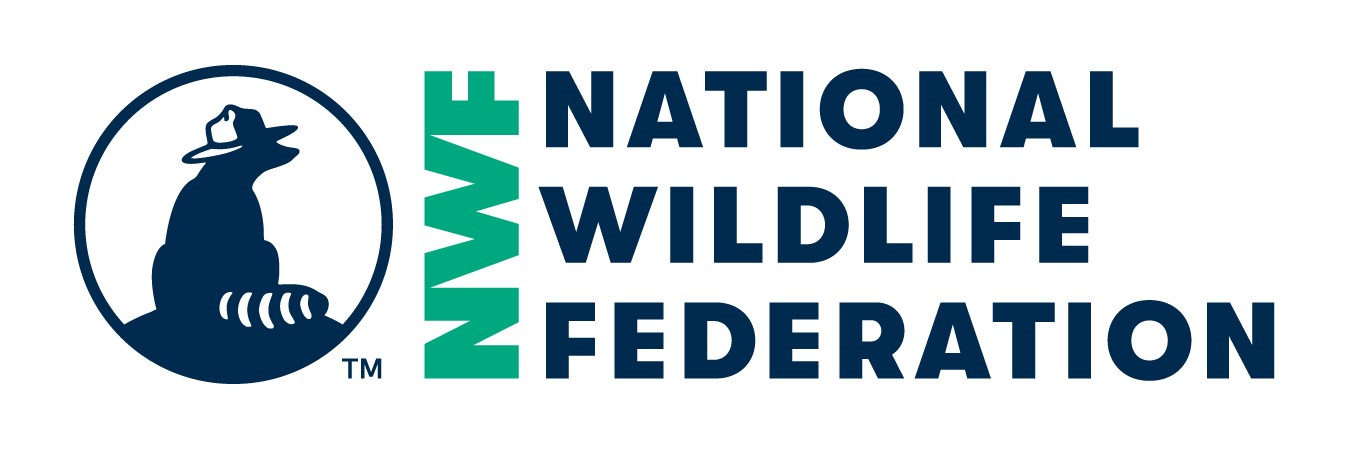North D Compost Pilot / North Apartments Expanded Composting
http://scholarworks.umass.edu/cgi/viewcontent.cgi?article=1012&context=sustainableumass_studentshowcase
If other:
1. Where is the biggest impact of this project?
Campus
If other:
2. What were the goals for your project?
Reduce landfill waste from North apartments.
3. What strategy did you use?
Advocacy, Community Building, Communications/Marketing, Education, Financing, Operations, Research
If other:
4. Did you accomplish the goals you set for this project? Please explain.
Yes, we collected close to 1,000lbs of compostable waste from North D during the first semester. We are currently on track to divert 2 tons of food waste from the entire North Apartments area during this Spring semester.
5. Choose your impact measure type.
Percentage of food organically produced
What were the measurable outcomes of your project?
965lbs of compost was collected from North D in only 1 semester!!
6. When did you begin and complete your project?
The North D pilot lasted for the Fall semester, which began on September 10th and ended on December 17th.
7. What was challenging about your project and how did you respond?
Working with the University Environmental Health and Safety office posed some challenges as they brought up some of the health and pest implications of having composting within a residential building on campus. We worked with them to develop a health, pest, and cleanliness checklist that was filled out twice per week to ensure that the composting system remained within EH&S guidelines.
8. Which groups were involved in this project? Students, faculty, staff or community groups?
The SGA Sustainability Secretary Jordan Chan submitted the original proposal. Ezra Small, the campus sustainability manager, helped to have the project approved. Many players within residential life were brought-in to ensure full buy-in from all stakeholders.
9. Was your project funded? If so, how?
The project was originally funded by our Sustainability Innovation and Engagement Fund at UMass. For the expansion, we received funding from RecycleWorks (who are funded by the Massachusetts Department of Environmental Protection) to purchase the bins and bags necessary for expansion.
10. How did you communicate about this project and educate the broader campus and/or community?
The project was widely communicated to the residents of the buildings that the project was implemented. This was to ensure proper usage of the system by the residents. When the original project was completed, the report was produced to inform the wider campus community of the project, and the spark future residential composting in other areas of campus.
11. How have you evaluated your project?
Group reflection, Statistical analysis and review
If other, please describe:
12. What did you do after your reviewed your project?
Communicated your project results through a blog or other media, Presented your project results at a conference or meeting, Applied for funding, Applied for awards, Celebrated
If other, please describe:
13. What was the biggest or best thing you learned from your project?
That residential composting is possible! Our campus sustainability manager Ezra Small recently said "If you had asked me when I took my position whether we would have compost in any of the residence halls when I took this position, I would have said you were crazy!" This project was a proof-of-concept in some ways for future expansion of the composting system at UMass.
14. What advice would you give to others working on a similar project?
Think hard about everyone that needs to be involved before moving forward with the project. Between Residential Life staff, Office of Waste Management staff, Environmental Health and Safety staff, and Maintenance staff it is vital to include all potential stakeholders before taking initiative in your own hands.
15. Based on your response above, what are your future plans for this project? And are there resources (people, financial, etc.) available to sustain it?
Now that the project has proven successful, it may be possible to ask Residential Life to fund any future residential composting systems that may be implemented in additional areas or additional buildings. I plan to push for funding for this type of expansion.
Category ARCHIVED | PROJECT CERTIFICATION







Project Feedback